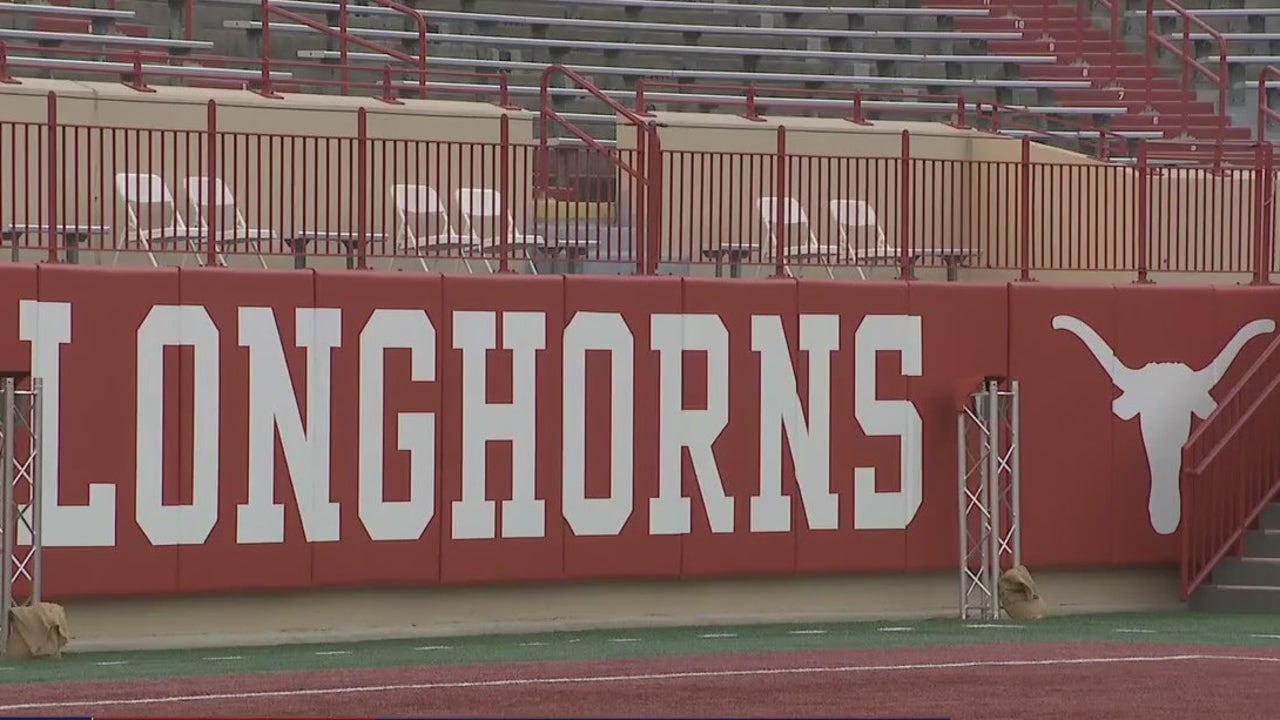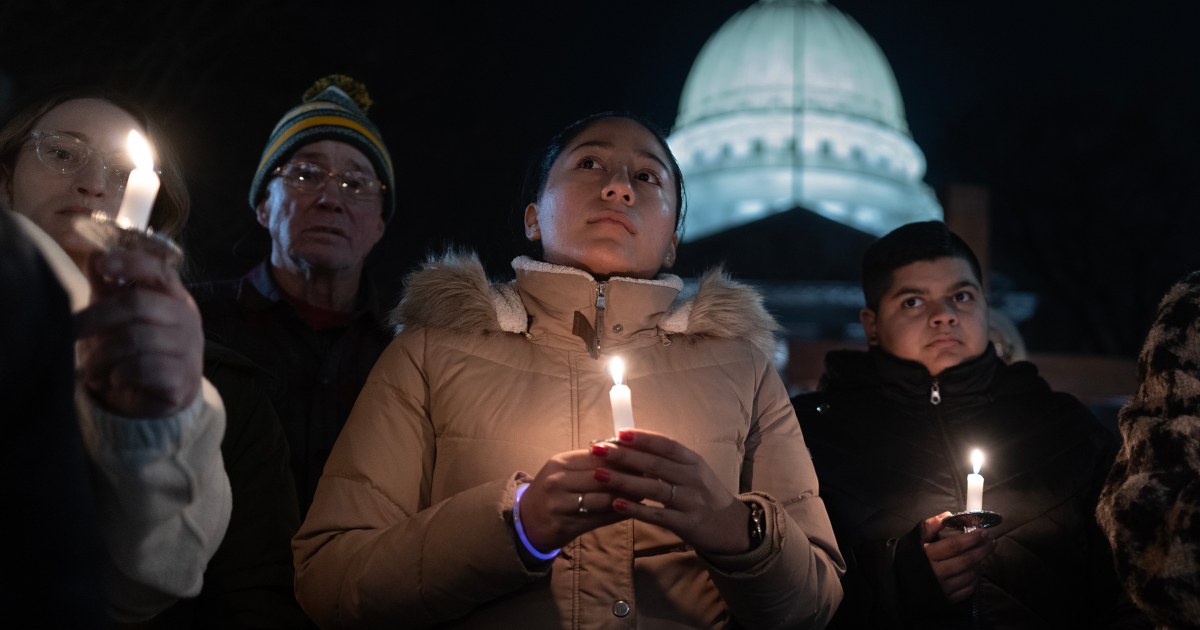Austin, TX
Opinion: Minimum Lot Size Reform Is Gaining Traction in Texas Cities. That’s a Good Thing.

Would you like to build your own family-sized house in the 78757 ZIP code in Austin? It’ll cost you, of course. In addition to hiring an architect and builder, did you know that the city government has a law that requires you to pay hundreds of thousands of dollars for the land the house will sit on? In fact, the city will force you to pay more just for the dirt under and around your new house than you would have paid for the median house (dirt included) in the 78757 as recently as 2010.
If that sounds odd, let me explain. Certainly it is true that the city of Austin doesn’t actually have a municipal ordinance that dictates a dollar amount you must pay to buy land for your new house. But it might as well have such a law. Right now, buildable land parcels in the 78757 are selling for roughly $2 million to $3 million per acre. Since most of the privately owned land in the 78757 is zoned SF-3, and since SF-3 requires a minimum lot size of 5,750 square feet, that means that at the lower end of the price range you’re looking at paying $264,000 for the smallest possible parcel you could build on.
Zoning and other laws that regulate what you can build and where are intended to safeguard, in the words of Texas law, “public health, safety, morals, or general welfare.” Which of those are being protected by a 5,750-square-foot minimum lot size – or by making someone buy $264,000 worth of land to build a house? Certainly not public health and safety. Houston reduced its minimum lot size from 5,000 to 1,400 square feet starting in the late 1990s, and unless I am missing something, there is no crisis in public health or safety afflicting the tens of thousands of people who now live in small-lot modern townhouses in the Bayou City.
I don’t mean to pick on Austin – I just happen to know the 78757 because I live there. Even in more middle-income suburbs, like Round Rock and Pflugerville near Austin and Frisco near Dallas, George Mason University researchers Nolan Gray and Salim Furth found strong evidence that minimum lot sizes are leading homebuilders to build on bigger lots than their customers would otherwise choose. Minimum lot sizes are driving up housing costs throughout Texas, at a time when our state’s longstanding housing affordability advantage over other booming states is in serious jeopardy.
And unfortunately a proposal to allow more moderately sized lots in Texas cities was ultimately unsuccessful in the Texas Legislature. This bill – Senate Bill 1787 – was based on Houston’s successful minimum lot size reform, which jump-started housing growth in existing neighborhoods rather than in far-flung suburbs. And also like Houston, SB 1787 provided neighborhoods the ability to opt out should they not like the changes.
But it isn’t all bad news. In recent weeks, momentum is building toward lowering the minimum lot size requirement in both the city of Austin and the city of Dallas. In Austin, the City Council passed a preliminary resolution recommending reducing lot sizes from 5,750 square feet to 2,500 square feet. Then, within two weeks of the city of Austin’s resolution, a member of the Dallas City Council proposed lowering Dallas’ minimum lot size standard for residential lots to 1,500 square feet.
Cities can and do and should regulate all sorts of important things on privately owned land for real reasons, such as preserving mature trees, protecting historic buildings, and keeping housing away from polluting industrial facilities. But stopping people who can afford a less expensive place from living near people who can afford more is not a legitimate reason for regulation, and cities should stop doing it.
Jake Wegmann is an associate professor in the UT School of Architecture. His areas of expertise are in housing affordability and development, land use regulation, and urban form housing.

Austin, TX
Texas vs Clemson: Getting to know the Tigers

On this week’s Sports Office, Brian Knight, the host of “Clemson Football Live” joined the show. Knight gave an insider perspective into all things Clemson football and what Longhorns fans most need to know before kickoff.
Austin, TX
Colorado-based TTEC lays off 650 Austin-area employees after TxTag transitions

Hundreds of Austin-area workers are being laid off as the Texas Department of Transportation moves its TxTag toll billing and customer service operations to the Harris County Toll Road Authority.
TTEC Government Solutions, a tech services and call center based in Colorado, announced in a recent notice to the Texas Workforce Commission that it will be laying off 650 workers from two of its Austin offices in February. TTEC confirmed to the Statesman Tuesday evening that the layoffs are a direct result of TxDOT’s decision to transfer operations to the Harris County Toll Road Authority.
TxTag was overseen by the transportation department, while the billing and customer service operations were managed by TTEC Government Solutions. TxDOT initially contracted with Faneuil in 2019; the company was later acquired by TTEC, which then assumed the contract. Since 2019, TxDOT has paid these companies over $230 million, according to a report by KXAN Austin in October.
In October, the Texas Transportation Commission approved an agreement to transfer all TxTag processing, billing, and customer service to the Harris County Toll Road Authority. According to commission presentation materials from October, this move is expected to make operations more cost-effective, reducing the cost to process a toll transaction from 30 cents to 15 or 16 cents.
According to the Worker Adjustment and Retraining Notification (WARN) letter, affected employees will receive either 60 days of wages and benefits in lieu of notice, 60 days’ notice, or a combination of both.
“Today, I regret to inform you that in response to their changing business needs, the TxDOT client program you support has made the decision to sunset their operations with TTEC. …,” TTEC wrote in an email to affected employees. “Our goal is to transition our affected employees to one of our existing and growing programs wherever possible. The payrate and hours for these positions may differ from your current role. We’re committed to communicating with you openly and honestly during this transition period and will continue to keep you informed with additional details about available opportunities so you can make educated and informed decisions about your career and your future.”
According to the company’s third quarter financial results, TTEC reported a loss of $21.1 million in its third quarter and a loss of 44 cents per share, falling short of Wall Street expectations. In the report, the company said it expected full-year earnings to be between 64 cents to 83 cents per share and a revenue range of $2.21 billion to $2.26 billion. TTEC laid off 170 workers in its Colorado offices in 2019.
“We have been working diligently to find other employment opportunities for them within the company and with TxDOT’s new tolling partner, where possible,” TTEC wrote in a statement to the Statesman on Tuesday. “When the project eventually ends in February, we hope to be able to have new assignments for many, if not all employees. We value our employees’ contributions and are committed to offering support during this time.”
Austin, TX
Texas vs Clemson game will bring significant economic boost to Austin

Texas vs Clemson: Economic boost to Austin
The Texas Longhorns are hosting the Clemson Tigers in the first-ever College Football Playoff game at DKR on Saturday. As a result, Austin is seeing a significant economic boost.
AUSTIN, Texas – The Texas Longhorns are hosting the Clemson Tigers in the first-ever College Football Playoff game at DKR on Saturday. As a result, Austin is seeing a significant economic boost.
A big weekend on the field ahead for the Longhorns also makes for a big weekend for the Austin economy.
The city of Austin is preparing for an increase in visitors for the first-round College Football Playoff matchup against the Clemson Tigers on Saturday.
“Any opportunity to welcome a large group of folks into town, certainly fans of UT, fans of the visiting team is a great opportunity for us,” said Wesley Lucas with Visit Austin.
Fans react to Texas Longhorns win
Longhorn football fans are looking ahead to this weekend’s SEC championship. They’ll be facing Georgia after their big win against Texas A&M this weekend.
MORE STORIES:
Visit Austin says hotel occupancy in Austin for this weekend is projected to be 77% higher compared to last year’s 30%.
“I heard some hotel saying that as soon as the game was announced that it was going to be here in Austin, they saw about a 20% bump in occupancy within 24 to 48 hours of that game being announced,” said Lucas.
Austin’s W Hotel says its seeing a significant bump in guests this weekend. General manager Joanna McCreary says generally at this time it would typically have been at 30% occupancy, but it will likely end up around 75% this weekend.
UT fans excited for playoff game
The Texas Longhorns may have lost their SEC Championship, but their season is far from over. Fans are looking forward to the Longhorns’ first-round College Football Playoff game against Clemson.
“I know restaurants are staffing up. I know hotels are staffing up. You know, our employees get to get a little extra cash in their pockets before the holidays too, which is another nice thing. And I know all the UT fans are super excited about being part of the SEC and getting this one last game in before the year ends,” said McCreary.
This is the first year with the new 12 team format compared to last year’s four-team playoff, meaning more teams have opportunities for home games. And it comes at a good time. December is historically a slow month for Austin tourism.
“The fact that we’re going to be having a game in a typically slower time is going to be really great for our hotels, for our local businesses or retailers, our nightlife, our live music venues,” said Lucas.
Kickoff is at 3 p.m. on Saturday, Dec. 21, at DKR.
The Source: Information from interviews conducted by FOX 7 Austin’s Jenna King
-

 Business1 week ago
Business1 week agoOpenAI's controversial Sora is finally launching today. Will it truly disrupt Hollywood?
-

 Politics6 days ago
Politics6 days agoCanadian premier threatens to cut off energy imports to US if Trump imposes tariff on country
-
/cdn.vox-cdn.com/uploads/chorus_asset/file/25782636/247422_ChatGPT_anniversary_CVirginia.jpg)
/cdn.vox-cdn.com/uploads/chorus_asset/file/25782636/247422_ChatGPT_anniversary_CVirginia.jpg) Technology7 days ago
Technology7 days agoInside the launch — and future — of ChatGPT
-
/cdn.vox-cdn.com/uploads/chorus_asset/file/25789444/1258459915.jpg)
/cdn.vox-cdn.com/uploads/chorus_asset/file/25789444/1258459915.jpg) Technology5 days ago
Technology5 days agoOpenAI cofounder Ilya Sutskever says the way AI is built is about to change
-

 Politics5 days ago
Politics5 days agoU.S. Supreme Court will decide if oil industry may sue to block California's zero-emissions goal
-
/cdn.vox-cdn.com/uploads/chorus_asset/file/25546252/STK169_Mark_Zuckerburg_CVIRGINIA_D.jpg)
/cdn.vox-cdn.com/uploads/chorus_asset/file/25546252/STK169_Mark_Zuckerburg_CVIRGINIA_D.jpg) Technology5 days ago
Technology5 days agoMeta asks the US government to block OpenAI’s switch to a for-profit
-

 Politics7 days ago
Politics7 days agoConservative group debuts major ad buy in key senators' states as 'soft appeal' for Hegseth, Gabbard, Patel
-

 Business3 days ago
Business3 days agoFreddie Freeman's World Series walk-off grand slam baseball sells at auction for $1.56 million




















